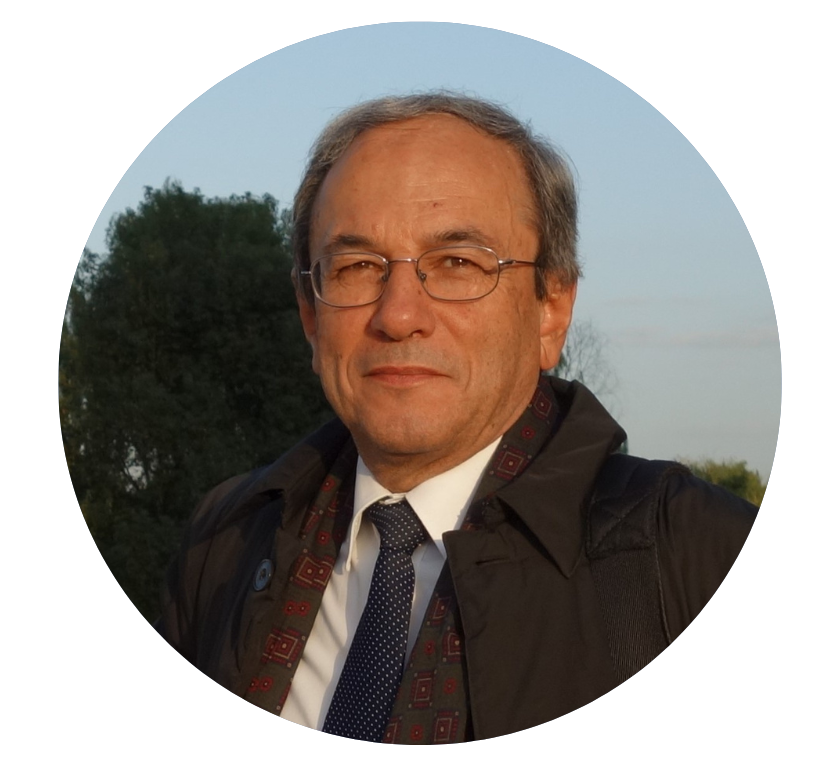Open Workshop: Functionalist Construction and National Interests in the European Union — A Systemic Perspective
Friday, November 8, 2024, 15:00 – 17:00
SSE Riga, Room 507
The aim of the Open Workshop Series in Business and Management Studies is to promote top-quality academic and applied research in various fields of the social sciences. This is a unique opportunity for sharing knowledge and networking with local and international community members.

Speaker: Prof. Bruno Dallago, University of Trento, Italy
The EU construction is founded on Monnet’s functionalist paradigm: the technocratic approach to the construction of a supranational set of institutions and organizations to which important policy functions are progressively transferred creates pressure to further integration. This pressure comes from both positive feedback loops (faced with the benefits of more integration, technocrats and voters support further integration) and negative feedback loops (incompleteness and inconsistencies that partial integration causes and the costs and disadvantages thus created induce technocrats and voters to request more integration).
This mechanism worked fairly well up to the international crisis, following which the appeal of integration among European citizens decreased, and became even negative in a few countries. The costs imposed upon citizens by stabilization policies – directly through austerity policies and indirectly through stagnant growth rates caused by low investments, ailing technical progress and productivity – decreased the appeal of and support for integration and opened opportunities for populist movements and growing nationalism.
These consequences weakened positive feedback loops and led to increasingly blaming integration for the negative feedback loops. This requires that EU integration is based on a different paradigm.
Bruno Dallago, PhD, is Professor of Economics at the Department of Economics and Management, University of Trento, Italy. He was visiting professor at various universities, including the University of California at Berkeley, USA, the University of North Carolina at Chapel Hill, Hitotsubashi University, Zhejiang University, Kyoto University, and the University of Pécs. He has also taught at Tshwane University of Technology and Corvinus University of Budapest.
He was the president of the European Association for Comparative Economic Studies and is a member of the International Advisory Board of the Institute of Economics of the Hungarian Academy of Sciences. His research interests include the European Union, comparative economics, the transforming economies of Central and Eastern Europe, SMEs and entrepreneurship, and local development.
He is the author and editor of several scholarly books and journal articles, including One Currency, Two Europe (World Scientific, 2016), Transformation and Crisis in Central and Eastern Europe: Challenges and Prospects (with Steven Rosefielde, Routledge, 2016), and Entrepreneurship and Local Economic Development: A Comparative Perspective on Entrepreneurs, Universities, and Governments (edited with E. Tortia, Routledge, 2018).
Discussion moderated by Prof. Arnis Sauka.
Attendance is free of charge.
Please sign up for the seminar, by writing to arnis.sauka@sseriga.edu by November 6, 2024.
The aim of the SSE Riga Open Workshop Series is to:
- Foster cooperation between business and management researchers, practitioners and policymakers, as well as
- Promote academic and applied research in various fields of the social sciences, focusing on but not limited to entrepreneurship, marketing, management, public administration, and strategy.
Organised by Professor Arnis Sauka, the Centre for Sustainable Business at SSE Riga

